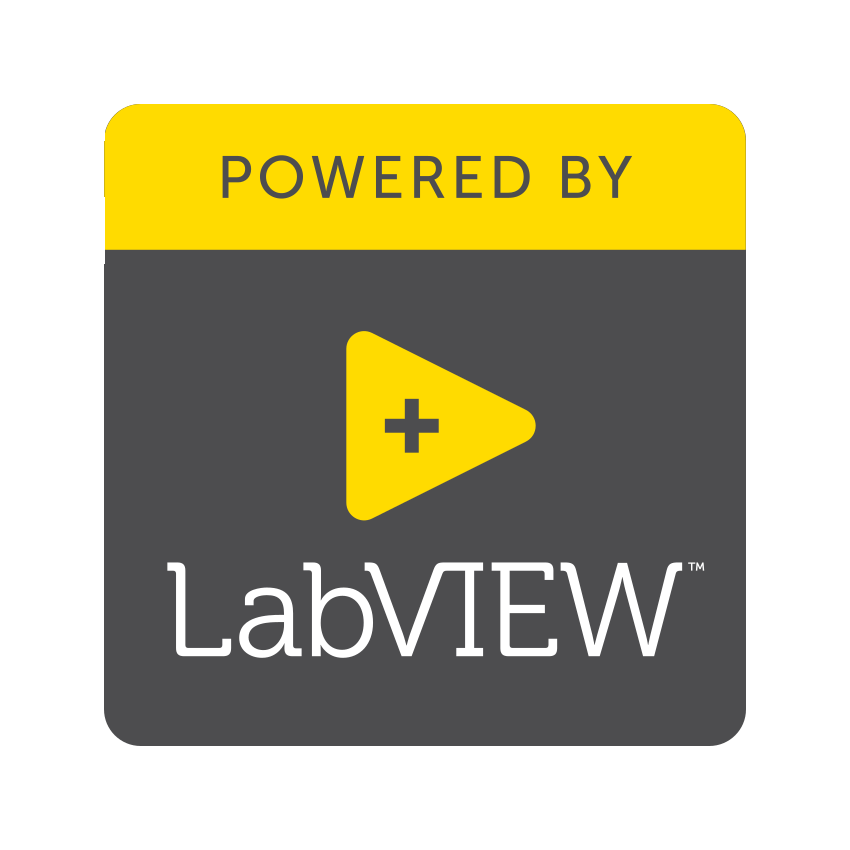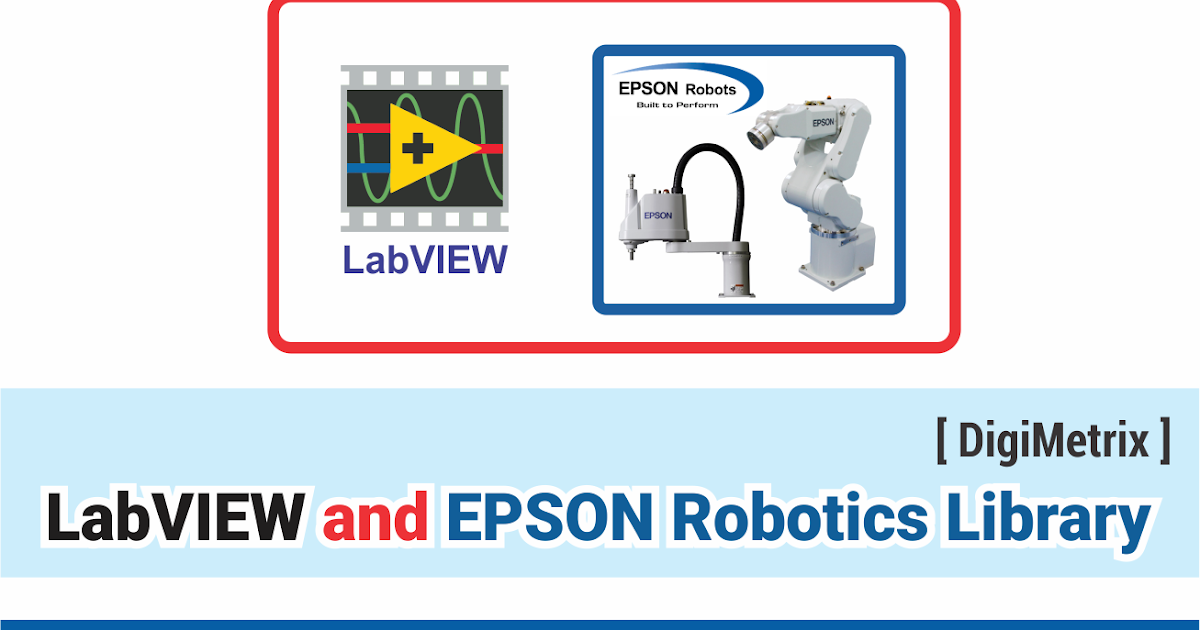

- How to download labview library install#
- How to download labview library Patch#
- How to download labview library code#
- How to download labview library windows#

This is a serious problem in a non-linear execution language like LabVIEW because When you call H5Fclose, the file is not actually closed untilĪll other pointers were closed properly. This isn't LVHDF's fault, but rather a design decision in the HDF library itself. Close doesn't close, aborts mess things up.This is several layers of complexity and makes maintainance very difficult. The wrapper DLL interfacing between LabVIEW and HDF5 (h5helper.dll) comprises 60 C++ source files wrapping the C API of HDF5 in C++ objectsĪnd exposing those to LabVIEW.
How to download labview library code#
That's >190 files to keep updated - another goal of this project is to keep the code tree compact and clean. Some updates can be scripted, but much of this functionality is overkill anyway and is a lot of effort to keep up-to-date. There are 133 VIs in the LVHDF5 palette alone, and every single one of them that references a deprecated function name needs changing,Īt the very least. Speed was a primary motivation for h5labview These flattening operations are often not required, and actually involve costly little endian->big endian->little endianĬonversion on x86/圆4 machines. For applications requiring large numerics this takes appreciable time - enough to motivate writingĬalls to H5Dwrite directly. This is something the author of LVHDF5 freely admits to: in order to preserve generality and ease-of-use, flattening to string is perfomedĪt the expense of speed.
How to download labview library Patch#
Why build a new library from scratch?Originally this project started as an attempt to patch LVHDF5 to link to a newer revision of HDF, but the following problems were encountered: It's also very slow, which was our initial motivation to start writing our own direct HDF calls in LabVIEW. LVHDF5 cannot correctly interpret strings written in HDF v1.8.9+. Furthermore, changes to string handling mean In particular, naming and argument conventions were modified in HDF5 v1.8.0, meaning the LVHDF5 library which attempts toĬall functions directly cannot use DLLs built after this version. Unfortunately that version of HDF5 is very heavily deprecated now and no longer compatible with the latest version. Set of bindings to HDF5 v1.6.5, last updated in 2007. Why is the existing LVHDF5 library inadequate?The LVHDF5 library by Jason Sommerville is a very useful

We consider the first reason alone sufficient to warrant using HDF in LabVIEW.

How to download labview library windows#
How to download labview library install#
Can I install h5labview manually? (i.e.What's the recommended way to install h5labview?.Why is the existing LVHDF5 library inadequate?.Why are native LabVIEW solutions (TDMS, binary/ASCII flat-file) undesirable?.


 0 kommentar(er)
0 kommentar(er)
